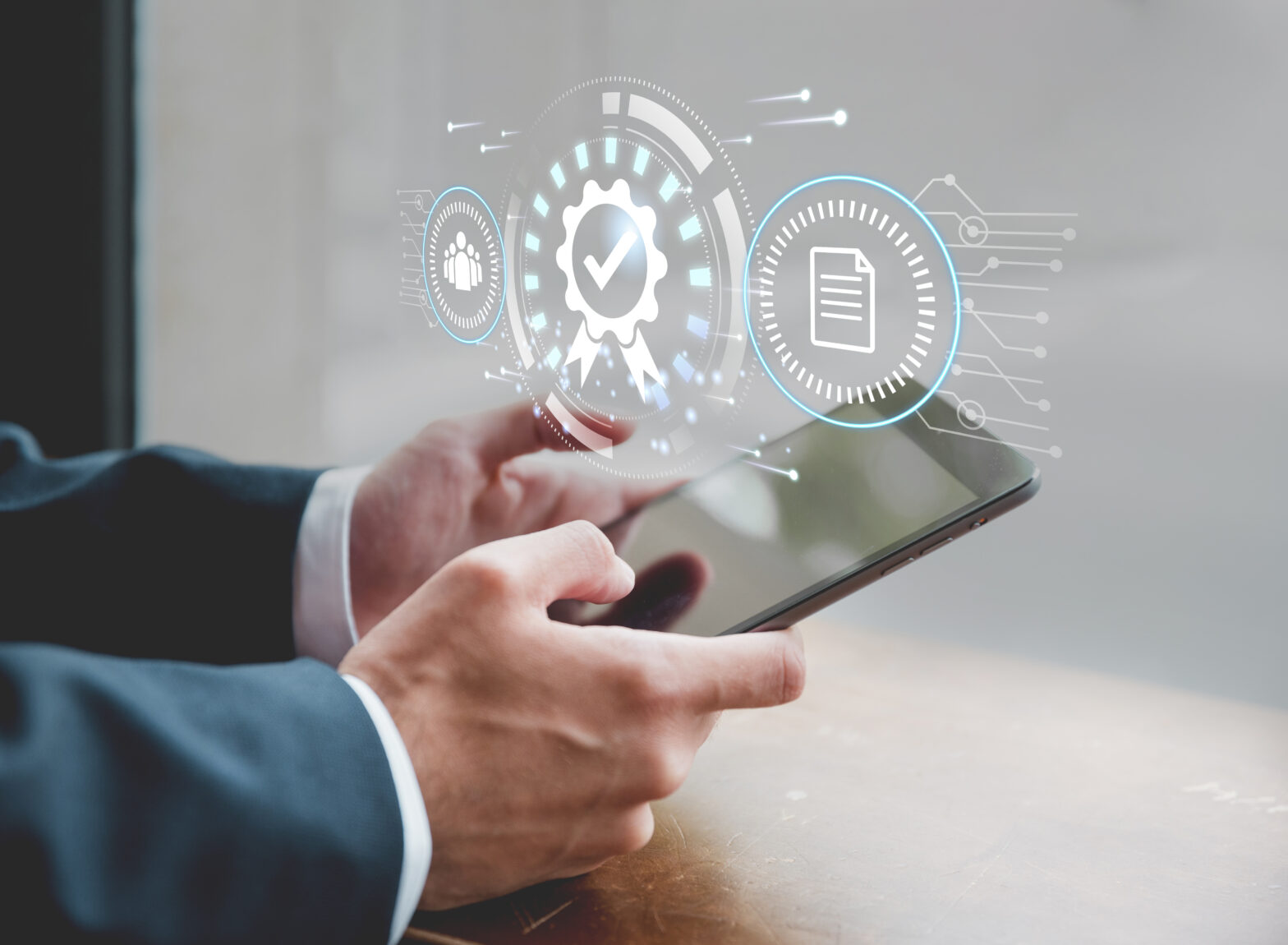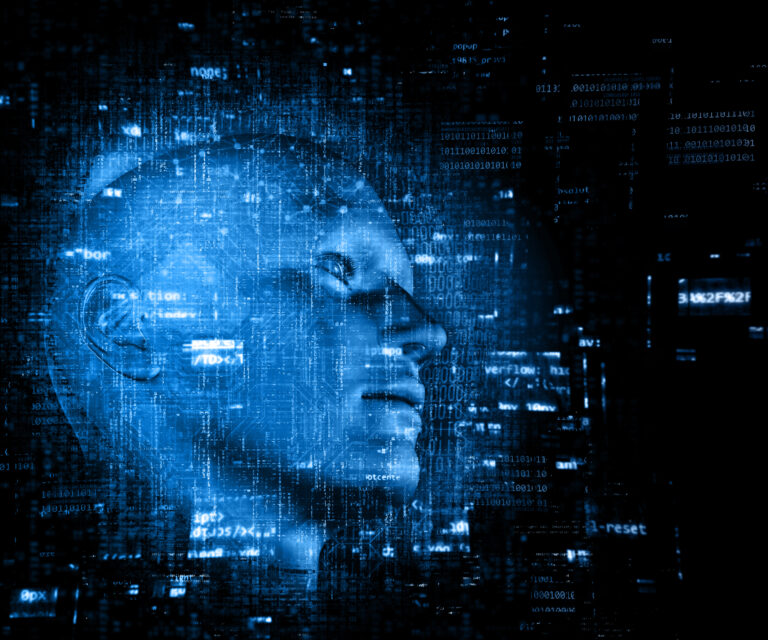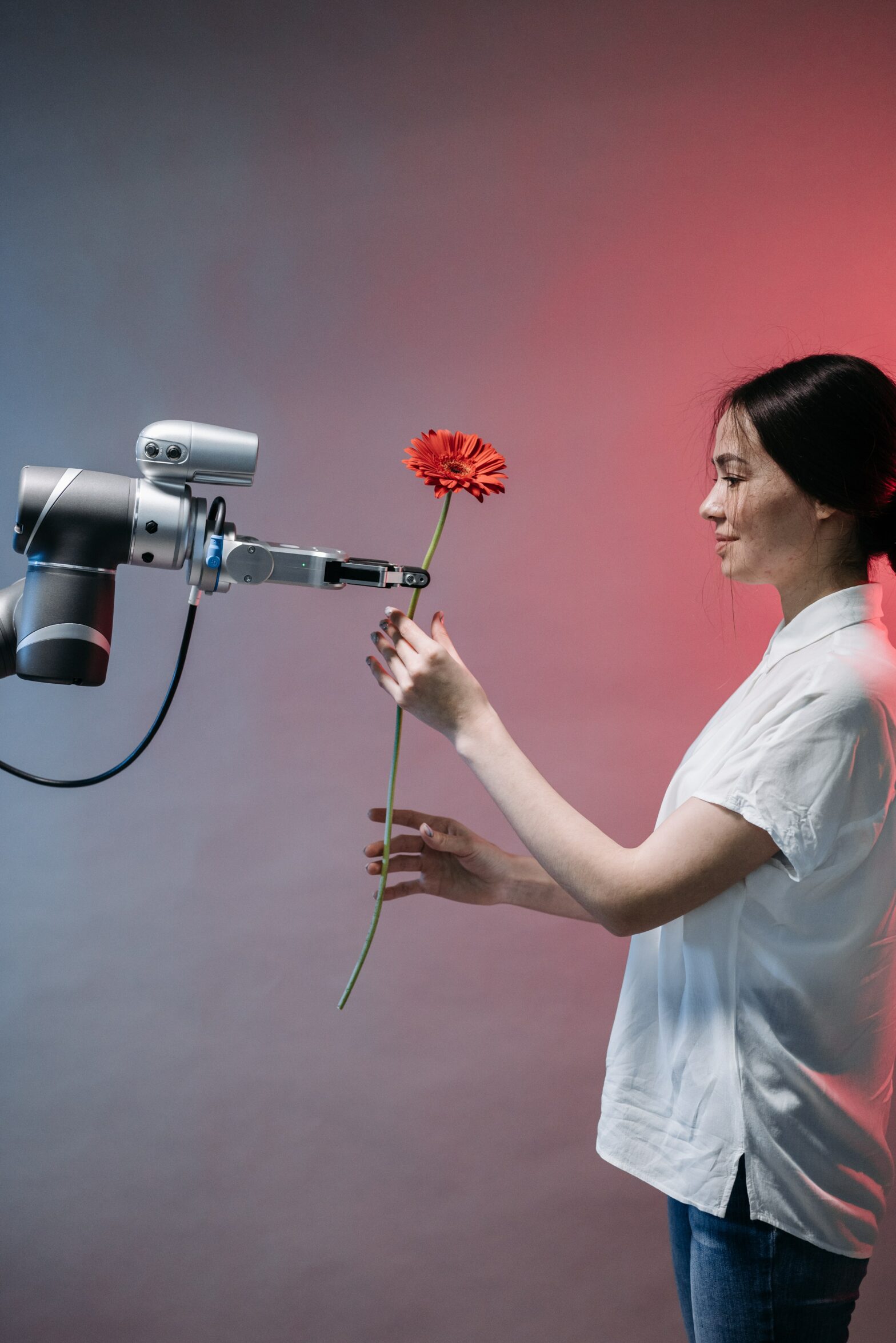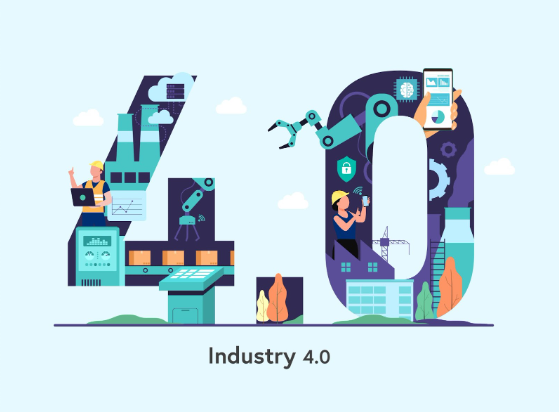Technological solutions based on data are emerging as crucial to addressing the growing water scarcity. The use of IoT devices enables smart management of water resources at domestic, governmental, and agricultural levels. This approach has led to increasing investment in the smart water management market, estimated at $53.6 billion by 2031, with applications ranging from leak detection and prevention to irrigation system automation and problem forecasting. The combination of sensors, data analysis, and IoT technologies offers an innovative and essential solution for tackling future water scarcity challenges.
Sensors and IoT: The Best Partners for Intelligent Water Management











